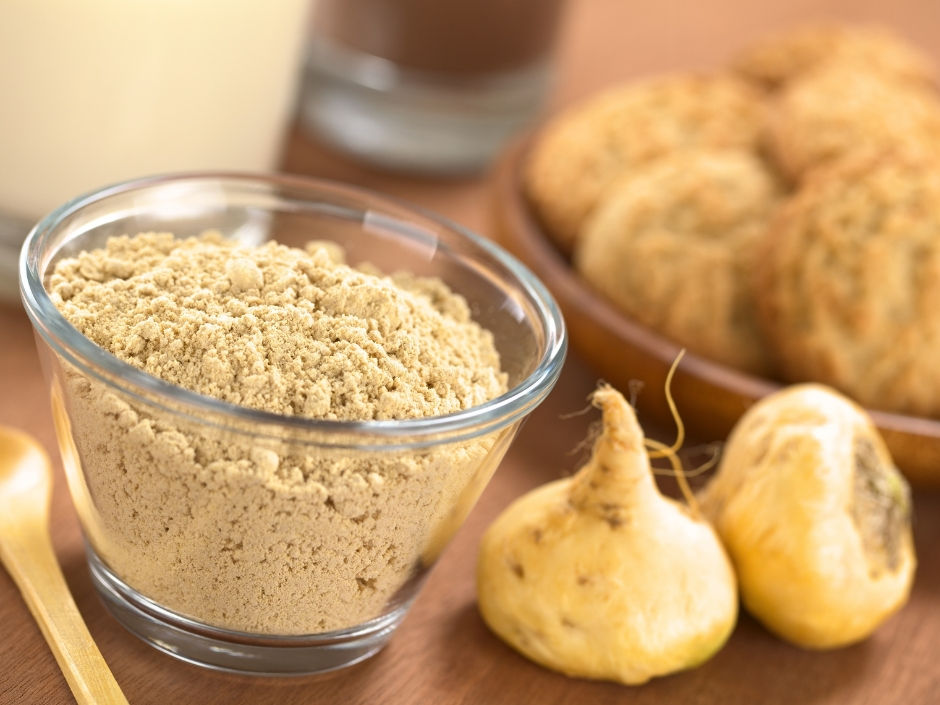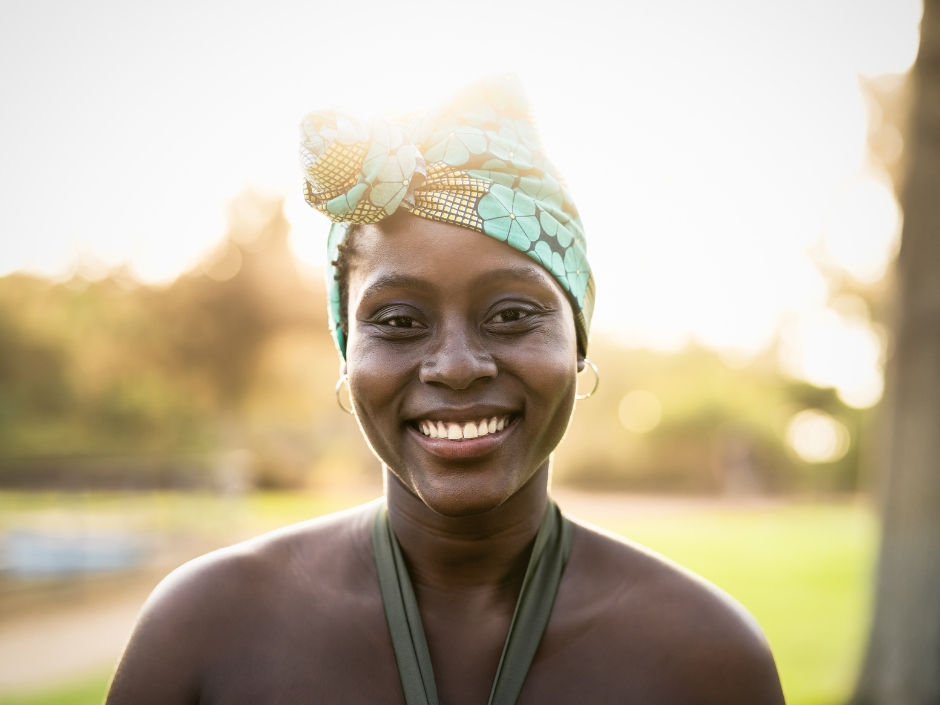Menopause Around the World: Peru’s Andean Roots, Maca Rituals & Earth-Based Wisdom
- Victoria Harris
- May 15
- 2 min read
Updated: May 18

High in the Andes Mountains, where the air is thin and the traditions run deep, menopause is not medicalized—it’s natural, respected, and often quietly supported through the wisdom of plants and ancestors.
In this edition of Menopause Around the World, we explore how Peruvian women—especially in indigenous Quechua communities—navigate menopause with a connection to the earth and their lineage.
A Natural Life Cycle, Not a Disease, Peru’s Andean Roots
In rural Peru, menopause is rarely seen as something to “treat.” Instead, it’s understood as a normal phase in a woman’s journey—a time to slow down, recalibrate, and lean on the rhythms of nature.
There’s no direct word in Quechua for “menopause.” Instead, women speak of it as the time when their "moon stops coming.”
This language reflects a deep connection to natural cycles. And unlike in Western cultures, where menopause is often linked to loss or dysfunction, in many Andean villages it’s treated with acceptance and dignity.
Maca: The Sacred Root for Hormonal Balance
If Peru has a secret weapon for menopause, it’s maca root.
Grown at high altitudes in the Andes, maca has been used for centuries to:
Support energy and stamina
Balance mood and libido
Ease hot flashes and hormonal swings
Women in the highlands often consume maca daily—as a powder stirred into soups, teas, or mixed with grains. It’s not a trend here—it’s ancestral medicine.
Maca has long been treasured by Andean cultures as a sacred gift from Pachamama—Mother Earth—not just a supplement.
Today, modern research is catching up to what Andean women have known for generations: maca may help regulate the body’s stress response through the HPA axis, support hormonal balance—particularly estrogen—and improve mood during perimenopause.

Menopause in Modern Peru: A Divided Experience
While rural women may take a more intuitive, herbal path through menopause, urban women in Lima or Cusco are increasingly seeking:
Hormonal testing
Gynecological care
Western supplements and pharmaceuticals
But access is unequal. In rural areas, healthcare is sparse and conversations about menopause are still whispered or avoided entirely, especially among younger women.
This gap highlights the importance of education that bridges tradition and science—ensuring that women can access both ancestral knowledge and modern care.
What We Can Learn
Peru reminds us that menopause doesn’t need to be a crisis—it can be a sacred recalibration.
Here’s what we might take from the Andean model:
Slow down and stay grounded: your body is asking for rhythm, not rush
Explore natural adaptogens
Reconnect to your roots, rituals, and Earth-based nourishment
.
👉 Want practical, natural strategies for your own menopause journey? Download my free guide here!



